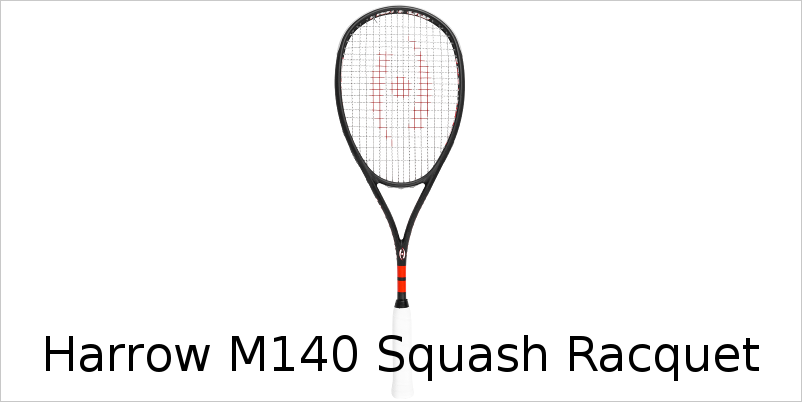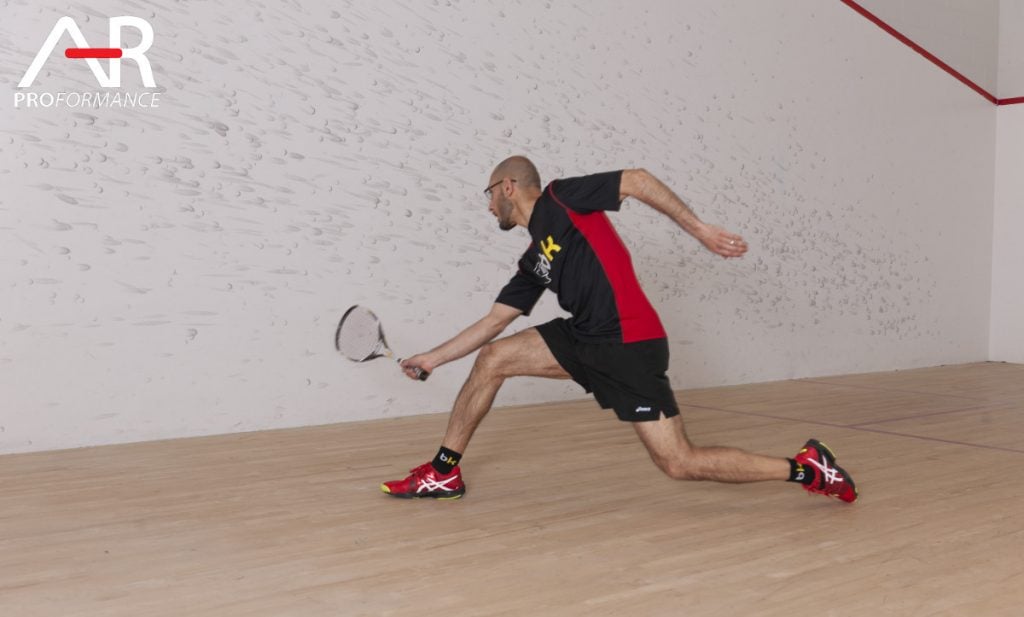In the last post we talked about deception. In particular using a hold to add deception to your shot selection. Another very important method to keep your opponent guessing and off balance is varying your pace of play. Varying your pace of play can be an effective method to keep or change momentum in a match when needed. Changing the pace of your shots is also effective at keeping your opponent guessing. Squash is a very physical game as any squash player can attest to but it is also very mental. Varying your pace of play is a good strategical method to help control a match.
When should we play at a fast pace or at a slow pace? One of the best times to vary the pace of play is when you need to change momentum in a game. If your opponent is pressing hard and has gained the momentum trying to slow down the pace of play can often help. You can do this playing slower paced length shots using height to get the ball past your opponent. Lobs will work very well in this situation too.
Varying your pace throughout normal play is very helpful too. If the match is progressing along fairly closely varying the speed at which you play adds variety to the game and keeps you from being predictable. This helps keep your opponent from getting in to a rythym. If your opponent is trying to change the pace of play try to sense it, be ready for it and counter it. Controlling the pace of play is part of controlling the game overall.
If you sense that your opponent is tiring increasing the pace of play is very effective. Do not try to outright win points but definitely keep the pace up. If he boasts or drops from the back counter with a hurry up drop. If he gets that get on the ball quick and send him to the opposite back corner. Don't let him off the diagonal. Eventually if you keep him on the diaganol he will let himself off by giving up on a ball.
The only time when you should really not change your pace of play much is when what you are doing is working really well. The old adage of don't fix what's not broken definitely applies in this situation.
Varying your pace of play in squash is one of the most effective ways to help take control of a match. Knowing when to slow down, speed up, or even when not to change the pace is very important.



